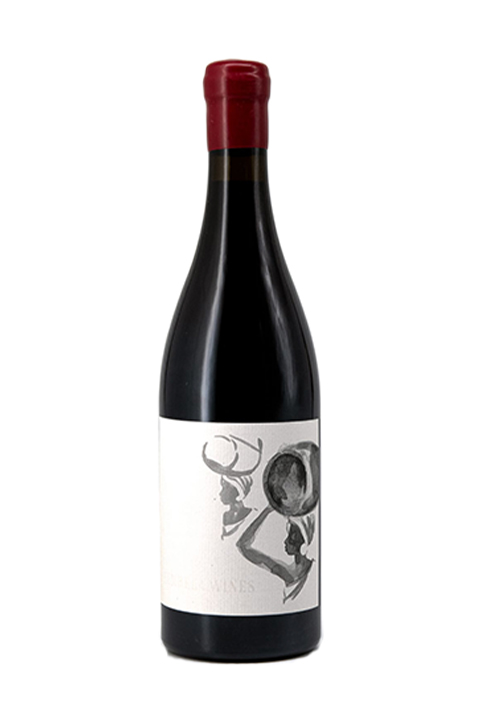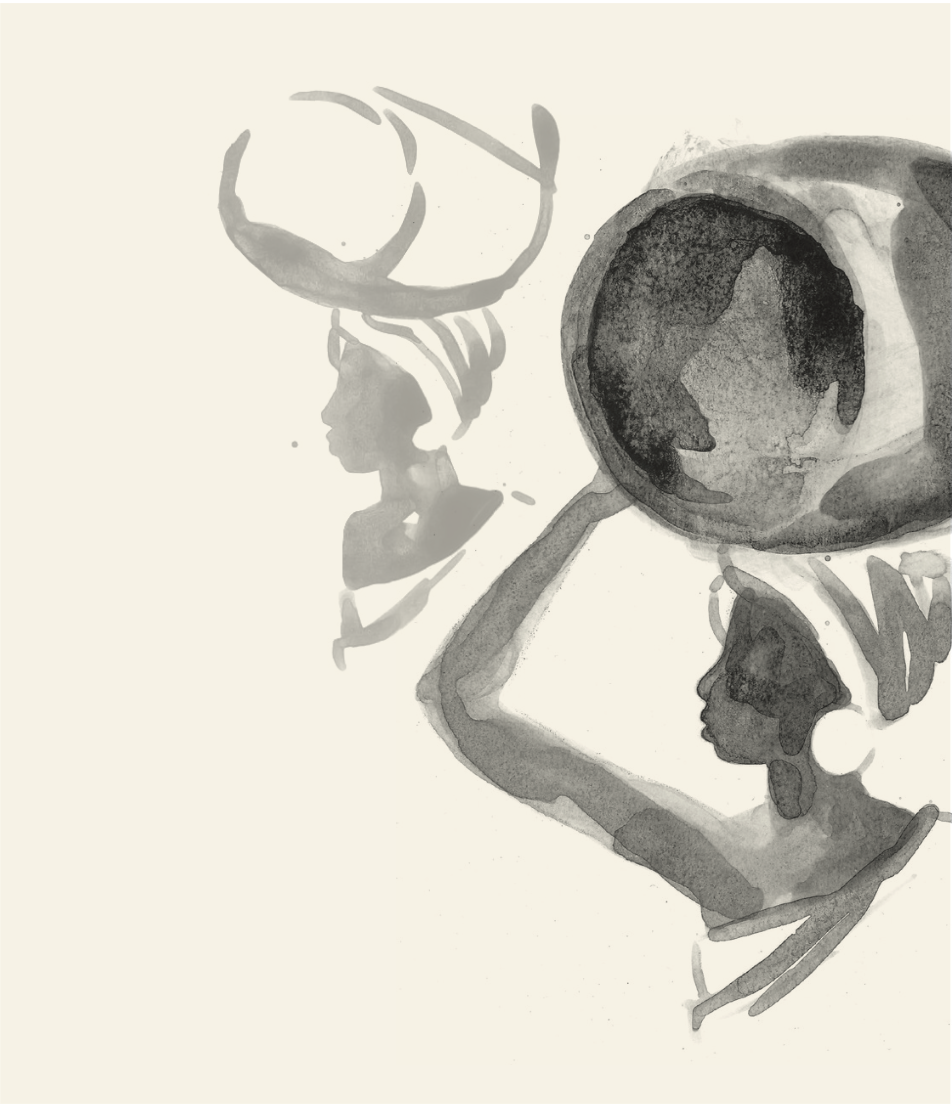
Stats
- Grapes: 100% Syrah
- Vineyard: Karibib Vineyard (80%) - Jakkalsfontein Vineyard (20%)
- Vine Age: Average: 20-years-old
- Soil Type: Mostly decomposed granite
- Viticulture: Practicing organic
- Fermentation: Native — open-top plastic fermenter (80% whole-bunch)
- Skin Contact: 12 days
- Aging: 10 months in old 500L oak barrels
- Alcohol: 14%
- pH: 3.68
- Total Acidity: 5 g/L
- Total SO2: 31 ppm
- Total Production: 233 cases

Tasting Notes
Wild herbs, cracked pepper, and violets lift off the nose, layered over juicy red and black fruit. The palate is bright and mid-weight, with tension and snap. A touch of stem inclusion brings an earthy, spicy edge to the finish.
Press & Reviews
The WineMag
95
"80% Polkadraai Hills, 20% Paardeberg. Approximately 80% whole-bunch fermentation before maturation lasting 10 months in older 500-litre barrels. Flinty reduction, dark berries, hints of olive and fynbos, and a marked pepperiness. Good fruit density, punchy acidity and firm but not coarse tannins, the finish ultra-dry. More “oomph” than ever before – a bold, unapologetic expression of the variety."
- Christian Eedes
- Christian Eedes

